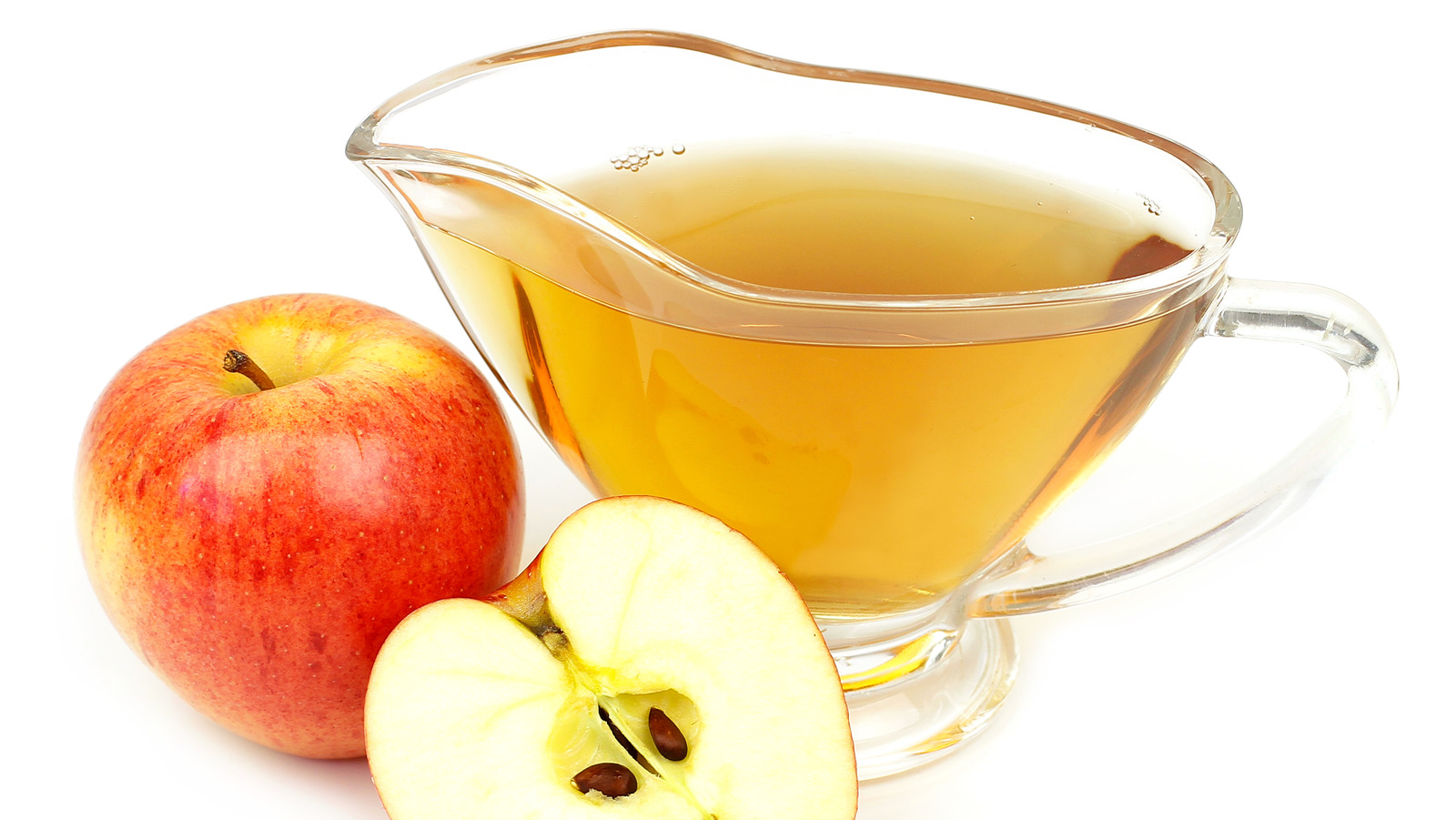Intermittent fasting has gained popularity as a weight loss and health strategy in recent years. It involves cycling between periods of fasting and eating within a specified time window. During the fasting period, it is important to consume zero or minimal calories to maintain the metabolic state of fasting. One common question that arises is whether consuming apple cider vinegar breaks a fast. In this comprehensive guide, we will explore the effects of apple cider vinegar on fasting and provide a clear answer to this question.
Understanding Intermittent Fasting:
Before delving into the effects of apple cider vinegar on fasting, it is essential to understand the concept of intermittent fasting. Intermittent fasting involves restricting calorie intake for a certain period, typically ranging from 12 to 24 hours. The most popular fasting methods include the 16/8 method (fasting for 16 hours and eating within an 8-hour window) and the 5:2 method (eating normally for five days and restricting calorie intake to 500-600 calories on two non-consecutive days).
The Purpose of Fasting:
Fasting has various potential benefits, including weight loss, improved insulin sensitivity, reduced inflammation, and increased autophagy (cellular repair process). The primary goal of fasting is to achieve a metabolic state that promotes fat burning and metabolic efficiency. To maintain this state, it is crucial to avoid consuming foods or substances that may trigger an insulin response or provide calories.
Apple Cider Vinegar and Its Components:
Apple cider vinegar (ACV) is a popular vinegar made from fermented apple juice. It contains acetic acid, which is responsible for its distinct sour taste and strong smell. ACV also contains trace amounts of other organic acids, vitamins, minerals, and beneficial compounds like polyphenols and antioxidants. It has been used for various purposes, including culinary, cleaning, and even as a natural remedy for certain ailments.
Apple Cider Vinegar and Fasting:
The effect of apple cider vinegar on fasting depends on the context in which it is consumed. In its pure form, apple cider vinegar is virtually calorie-free and contains minimal amounts of carbohydrates, proteins, and fats. Therefore, consuming a small amount of apple cider vinegar during a fast, such as adding a teaspoon to a glass of water, is unlikely to significantly impact the metabolic state of fasting.
Benefits of Consuming Apple Cider Vinegar During Fasting:
Including apple cider vinegar in your fasting routine may offer certain benefits. Firstly, apple cider vinegar has been shown to improve insulin sensitivity, which can be advantageous during a fasting period when insulin levels are naturally low. Improved insulin sensitivity can aid in blood sugar regulation and potentially enhance the benefits of fasting.
Secondly, apple cider vinegar may help control appetite and cravings. Some studies suggest that consuming ACV can increase feelings of fullness and reduce calorie intake throughout the day. This can be particularly beneficial during the eating window of intermittent fasting, as it may support adherence to the calorie restriction required for weight loss.
Potential Drawbacks and Considerations:
While apple cider vinegar can be a beneficial addition to your fasting routine, there are a few considerations to keep in mind. Firstly, excessive consumption of apple cider vinegar can have negative effects on tooth enamel due to its acidity. To protect your dental health, it is advisable to dilute ACV with water and rinse your mouth afterward or use a straw to drink it.
Additionally, some individuals may experience gastrointestinal discomfort when consuming apple cider vinegar, especially in large quantities or on an empty stomach. If you have a history of digestive issues, it is best to start with small amounts and monitor your body’s response.
Conclusion:
In conclusion, consuming a small amount of apple cider vinegar during a fast is unlikely to break the metabolic state of fasting. The minimal calorie content and negligible impact on insulin levels make it a generally safe addition to an intermittent fasting routine. Moreover, apple cider vinegar may offer certain benefits such as improved insulin sensitivity and appetite control. However, it is important to consider individual tolerance and potential side effects. As always, consulting with a healthcare professional or registered dietitian before making any significant changes to your diet or fasting routine is advisable.
- Tenderheart Marijuana Strain - September 15, 2023
- Does Apple Cider Vinegar Break a Fast? - July 11, 2023
- Healthy Habit Overload One Step At A Time - June 9, 2023

